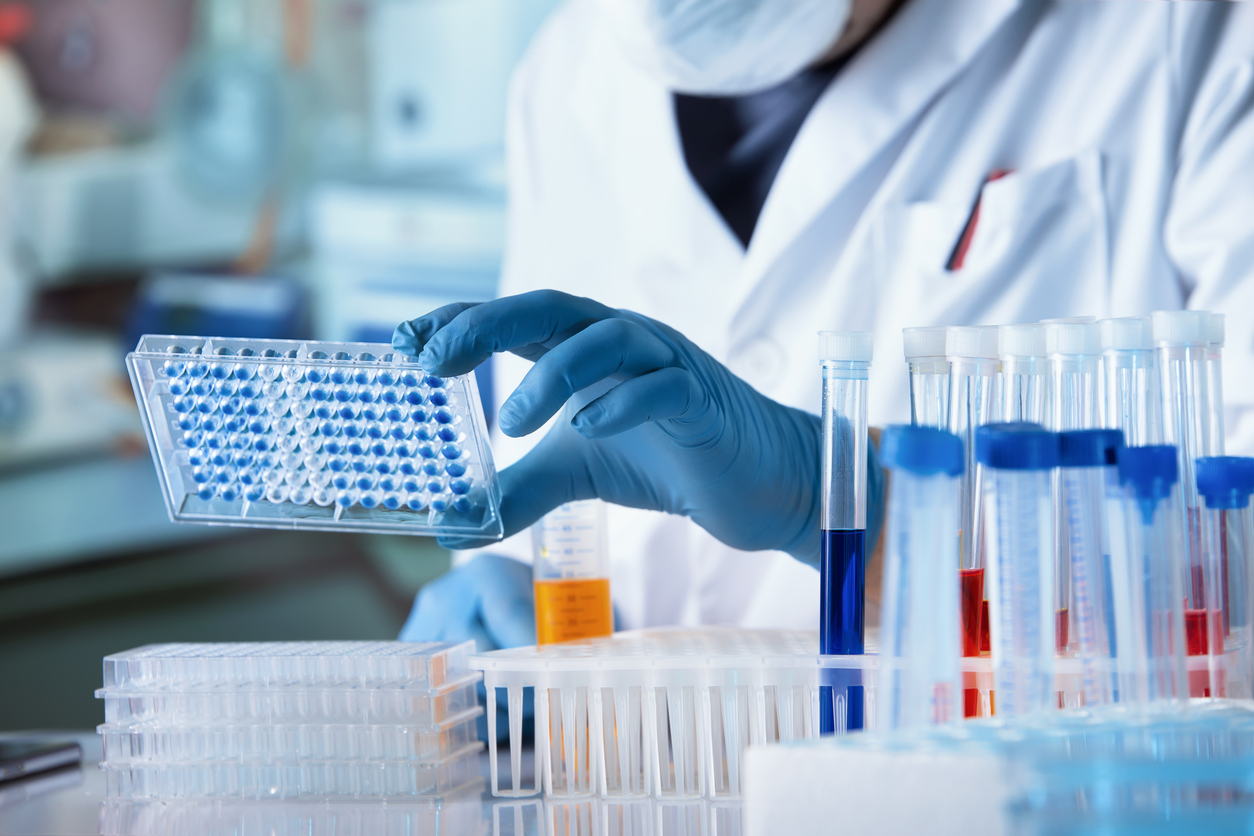Summary
The ISO 16929 biodegradation test is used to assess the extent of disintegration that plastic materials exhibit in a pilot-scale aerobic composting test conducted under specific conditions. It is also able to evaluate the impact of the test material on the composting process and the resulting compost quality. However, it cannot be used to rest for the aerobic biodegradability of the test material.
This test takes place in a 12-week composting cycle at temperatures between 45º and 75ºC. The artificial biowaste used is a mixture of fruit and vegetable waste with rabbit feed, usually including seeds and extruded dried vegetables.
ISO 16929 Testing Method
The test mimics the conditions of a robust aerobic industrial composting process and incorporates either the biowaste from the input material of a composting plant or a synthetic solid waste matrix enriched with mature compost. The plastic test pieces are introduced and the test begins.
To determine the degree of breakdown, the resulting matrix is passed through a 2 mm sieve to isolate any remaining undecomposed residue. The reduction in the mass of the test sample is considered disintegrated material and forms the basis for calculating the extent of disintegration.
Here are some additional details on the ISO 16929 test method:
- Artificial biowaste (if used rather than the input material of a composting facility):
- Freshly mixed fruit and vegetable waste
- Rabbit feed (seeds and extruded dried-vegetable pellets)
- Mature compost
- Sufficient water to obtain a good moisture content
- A bulking agent (such as wood chips or bark with a particle size of 10-50mm, incorporated at 100-600g/kg)
- Ensure:
- C/N of 20:1 to 30:1
- >50% water content
- >50% volatile solids content
- pH >5
- Maximum particle size of 50mm
- Composting reactors shall:
- Have a minimum volume of 35L
- Consist of a sturdy, heat-resistant and non-biodegradable material
- Not affect the composting process or the quality of the compost
- Number of reactors: 2 for blank control and 2 for each test substance
- Test substance size and dosage:
- Use the test material in an identical form (e.g. shape, thickness) to the intended final use at a dosage of 10g/kg
- Reduce large materials in size to 10cm by 10cm for films and 5cm by 5cm for other products
- Optionally (if the purpose of the test includes production of compost for ecotoxicity tests), add test material in the form of fine powder or granules (size <500µm) at a dosage of 90g/kg (i.e. 10g/kg larger pieces with 90g/kg powder). If the purpose is only to provide compost for an ecotoxicity test, then 100g/kg of powder is used
- Turning:
- Turn the biowaste mixture regularly to break down lumps and to remix water (maintaining >40% water content), microorganisms and substrate
- This is done weekly during the first 4 weeks and then every 2 weeks until the end of the test
- Temperature: Temperature changes from high to low depending on incubation phases and can vary depending on the purpose of the test
- Duration: 12 weeks
- Measurement upon termination:
- Mixture is sieved with 10mm, 5mm, and 2mm sieves to collect the remaining test substance
- Remaining test substance is washed and dried before determining its weight
- Resulting compost’s dry solids content, volatile solids, pH, ammonium nitrogen, nitrite and nitrate nitrogen are determined along with compost maturity
- Test validity criteria:
- Temperature throughout the test meets specified requirements
- pH increases to a value above 7 during the test and does not fall below 5
- Biowaste compost of the blank control has a maturity (Rottegrad) of IV to V after 12 weeks and/or the volatile fatty acid content is <500mg/kg
- When ISO 16929 is used as part of ASTM D6400 or ISO 17088, a plastic product is considered to have demonstrated satisfactory disintegration if no more than 10% of its original dry weight remains after sieving on a 2mm sieve
Contact Aropha for Your ISO 16929 Testing
Our team works tirelessly to provide our customers with streamlined and efficient disintegration testing for their products. Our experience and capabilities allow us to test a wide range of products, from biopolymers to other single-use products. Our combination of our digital twin simulation platform and lab testing provides accurate results throughout product development. We also have the ability to provide you with the proper test documentation to submit for certain ecolabels for your product.
Contact our team today to get started!
Pricing
Contact us for High-Throughput Screening PricingContact us for Biodegradability Certification Pricing

